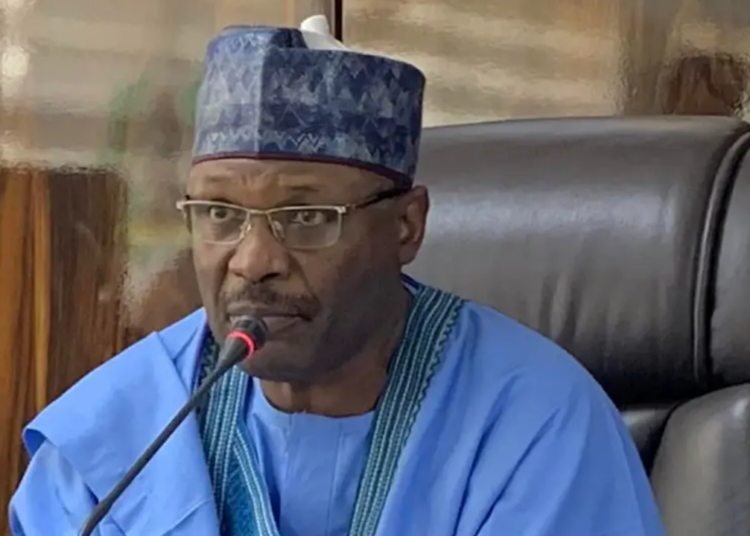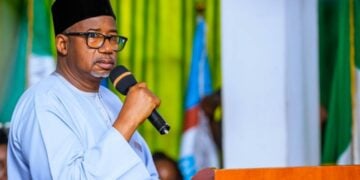Independent National Electoral Commission (INEC) has called on the National Assembly to enact stricter laws prohibiting the possession of large sums of money within polling areas as part of efforts to curb vote-buying and other electoral malpractices.
According to the electoral umpire, individuals should not be allowed to carry more than N50,000 within polling areas for this challenge to be addressed.
Speaking at a consultative meeting with security operatives and the technical committee on electoral law amendments in Abuja yesterday, INEC’s director of litigation and prosecution, Tanimu Muhammed, highlighted the growing concern over vote-buying which has become a major threat to Nigeria’s democratic process.
The meeting, organised by the Joint Senate and House of Representatives Committees on Electoral Matters in collaboration with the Policy and Legal Advocacy Centre (PLAC) and supported by the UK Foreign, Commonwealth, and Development Office (FCDO), provided a platform for stakeholders to discuss electoral security and legal reforms.
The INEC official noted that politicians often justify carry large amounts of cash on election day by citing party agent payments and logistic expenses.
However, he said unrestricted cash circulation at polling units had fueled vote-buying and compromised the integrity of elections.
“Vote-buying remains one of the biggest threats to credible elections in Nigeria. We need legislation that not only criminalises this practice but also puts preventive measures in place.
“INEC is doing its best to handle prosecutions, but we need a dedicated institution with the legal authority and resources to investigate and prosecute electoral crimes comprehensively.
“The creation of an Electoral Offenses Commission would ensure that vote-buying, ballot snatching, and other crimes are met with swift legal action,” Muhammed stated.
Responding to the concerns raised, chairman of the House Committee on Electoral Matters, Hon. Adebayo Balogun, assured that all issues discussed would be addressed in future electoral reforms.
He announced plans for a 2025 Electoral Act to replace the current 2022 version, which he said had exposed gaps during the 2023 elections.
“The 2022 Electoral Act was a significant step forward, but its implementation in the last general elections showed areas that need improvement. We are committed to strengthening our electoral laws to reflect the realities of our democracy.
“The Nigerian people deserve an electoral process they can trust. We must ensure that our laws are not just strong on paper but are also effectively enforced,” Balogun added.











